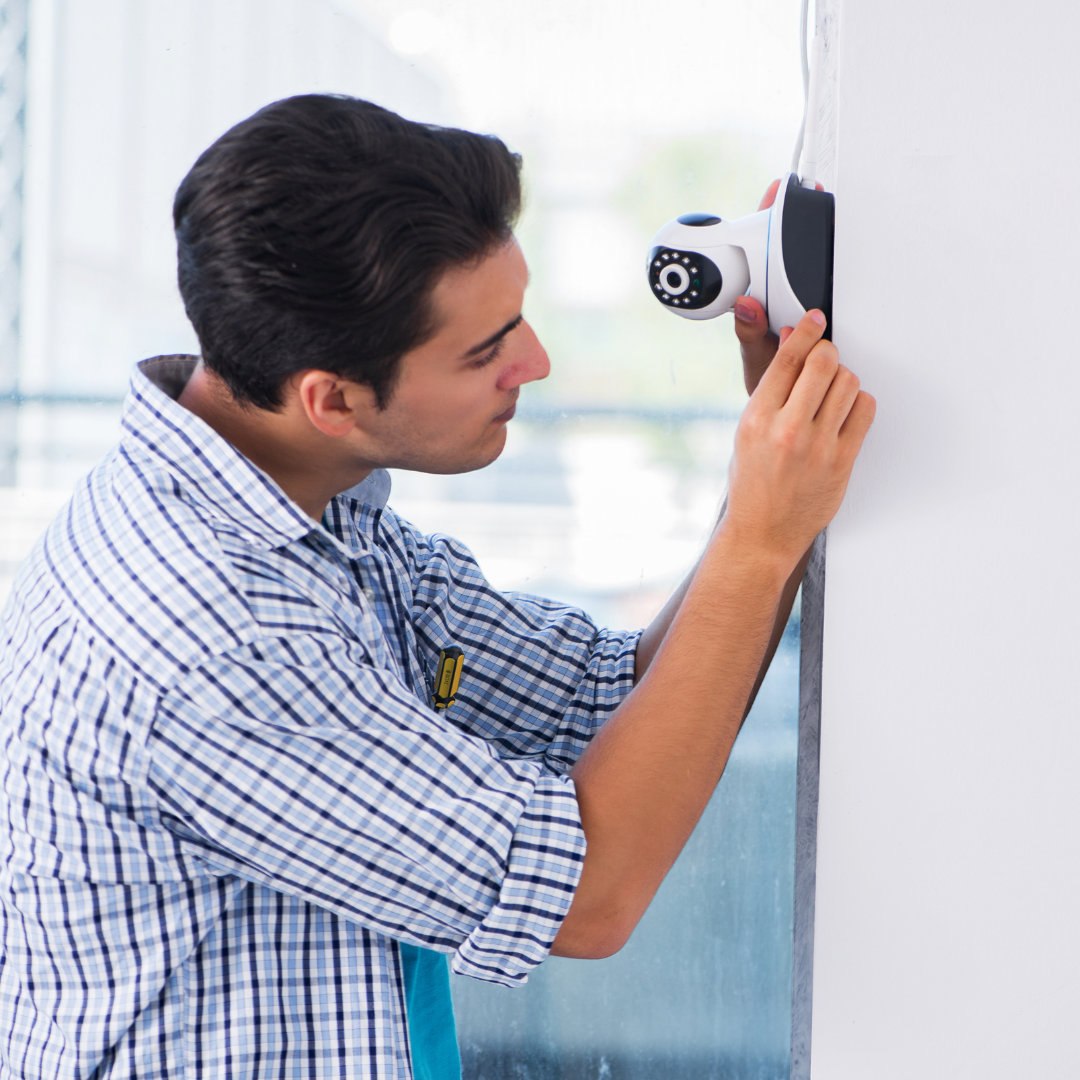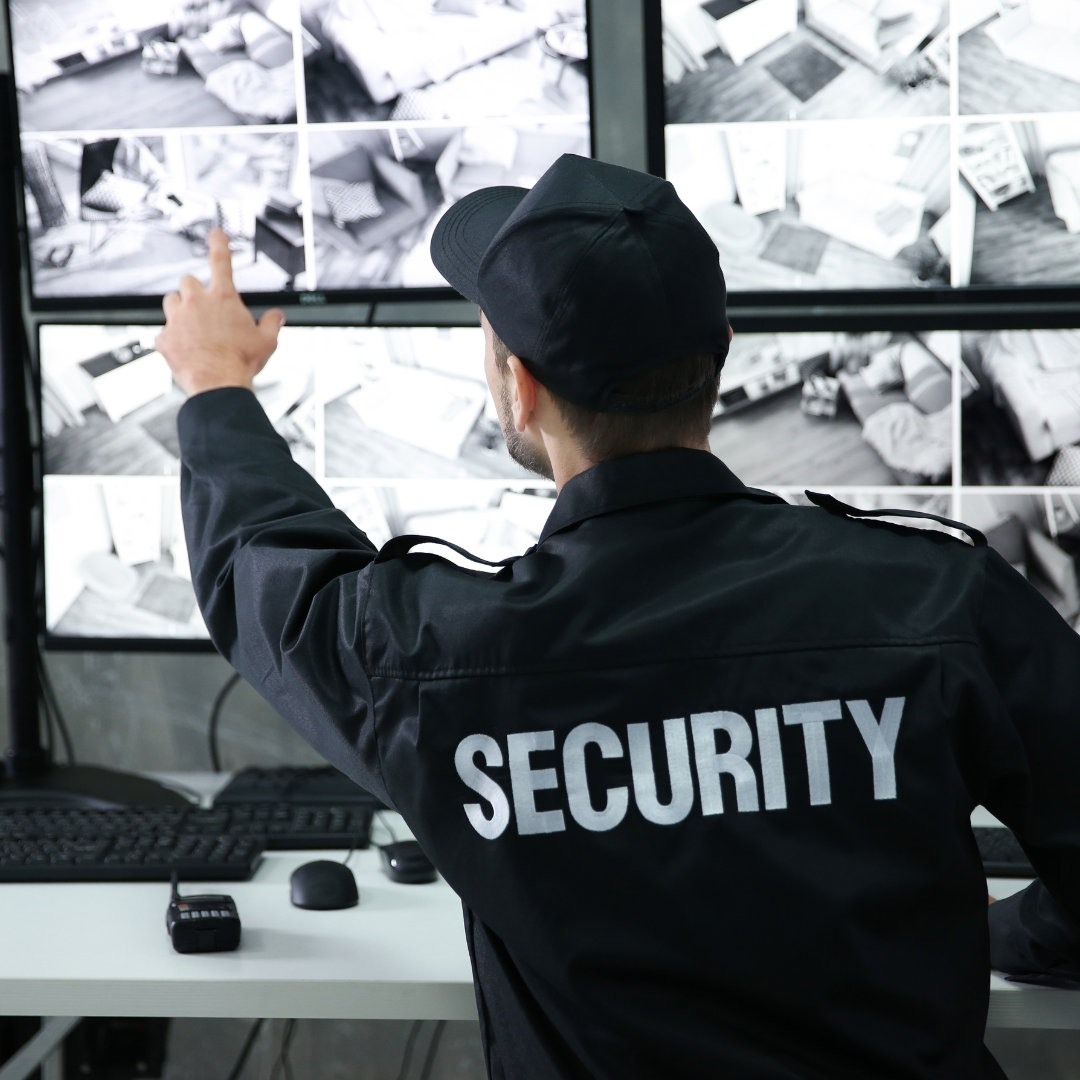Enhancing Workplace Security: A User-Friendly Guide
In the fast-paced world of business today, ensuring workplace security is an utmost priority. By putting strong workplace security measures in place, companies can effectively shield their employees, valuable assets, and sensitive information from potential risks and threats. Let's delve into the essential steps for bolstering workplace security.
Monitoring Visitors On-Site
It's crucial to anticipate, track, and report individuals entering the workplace. Start by establishing visitor screening procedures that ensure only pre-screened visitors meeting specific criteria gain access. This not only helps manage the flow of visitors but also equips the front desk staff with advanced knowledge about expected visitors.
It provides a way to deny entry to unscreened individuals and supports maintaining a comprehensive visitor log. Including wellness and symptom screening questions adds an extra layer of insight into employees' health before their arrival, which aids incident reporting and trend analysis.
Customizing Access for Guests and Employees
Recognize that different visitors have unique access requirements. Maintenance workers, job candidates, and executives need specific access levels to the workspace. Utilize visitor screening data to grant appropriate access based on the purpose of each visit.
Taking it a step further, installing an access control system allows customization of access levels for visitors during the check-in process.
Integrating Alarms and Surveillance Systems
Alarms and cams are integral components of physical workplace security. Alarms alert in case of intruders, deterring potential threats, while cameras capture incidents as valuable evidence. A robust surveillance system includes clear visual and audio recordings, connects with a broader workplace security network, and triggers alerts for suspicious activity. These systems not only protect the workplace but also discourage potential intruders from targeting a well-secured environment.
A robust surveillance system includes clear visual and audio recordings, connects with a broader workplace security network, and triggers alerts for suspicious activity.

Empowering Employees through Training
An informed workforce is a safer one. Provide employees with a comprehensive security protocol that addresses both digital and physical workplace security aspects. Cover practices like document handling, safeguarding intellectual property, and visitor check-in procedures. Regular training sessions with relatable examples help employees internalize security policies. Foster a culture where employees can confidently report suspicious behavior, supported by a clear incident reporting policy that safeguards their identities.
Enhancing Physical Workspace Security
Elevate workplace security throughout the workplace, encompassing both physical assets and digital systems. Safeguard valuable items such as confidential files, intellectual property, and computers. Implement basic physical workplace security measures like door locks, badge-restricted access, and secure filing cabinets. For digital workplace security , enforce strong passwords and regular device updates. Organize digital files based on confidentiality levels, storing sensitive documents in passcode-protected folders.
Continuously Adapting Security Measures
In today's ever-changing landscape, proactive security is paramount. Anticipate emerging security challenges, whether they involve viruses, intrusions, or cyber threats. Embrace a forward-thinking and vigilant approach to ensure the safety and workplace security of employees, the workplace, and operations.
Workplace security entails collective efforts and measures to safeguard individuals, assets, and data within the work environment. This encompasses a wide spectrum, spanning physical risks like theft and violence to digital security concerns such as cyberattacks and data breaches. Addressing both physical and digital workplace security ensures the safety and integrity of the workforce and operations.
Workplace security involves a range of steps aimed at ensuring the safety of employees and the protection of company resources. Some of these measures include:
- Preventing Violence: This involves setting up guidelines and plans to both prevent and effectively handle situations involving violence. This could encompass training employees in conflict resolution and having protocols in place for dealing with potential threats.
- Access Control: Managing who can enter the workplace is crucial. This is achieved by using workplace security measures like ID cards, keycards, or biometric systems. By limiting access to authorized personnel, the chances of unauthorized individuals entering sensitive areas are reduced.
- Inventory Management: To prevent theft of company property, inventory management procedures are put in place. These could include regular audits, surveillance cameras, and proper record-keeping of assets.
- Safety Measures: Ensuring employee safety is a priority. Measures like maintaining clear emergency exits, providing safety training, and enforcing proper use of equipment can significantly minimize risks in the workplace.
- Cybersecurity: With the increasing reliance on digital systems, safeguarding sensitive data is essential. This involves strategies such as firewalls, encryption, and regular software updates to prevent unauthorized access and data breaches.
- Emergency Alerts: Installing alarm systems and communication tools helps inform employees swiftly during emergencies. This ensures they can evacuate the premises or take appropriate actions as needed.
These measures collectively contribute to creating a secure workplace environment for employees and the company's assets.
Addressing both physical and digital workplace security ensures the safety and integrity of the workforce and operations.

The Core Purpose of Workplace Security
Workplace security primarily aims to ensure employee safety while safeguarding assets and information. Amid evolving threats, it seeks to minimize risks, prevent incidents, and provide a secure environment for employees.
Significance of Prioritizing Workplace Safety
Prioritizing safety in the workplace offers several benefits:
- Demonstrates a commitment to employee well-being and a positive work environment.
- Enhances employee morale, productivity, and overall efficiency.
- Ensures compliance with safety regulations, reducing legal risks.
- Builds a positive reputation, attracting talent and customers.
- Maintains business continuity even during emergencies.
- Reduces costs associated with accidents and property damage.
Workplace Security Tips
- Visitor Screening: Anticipate and monitor visitors with thorough screening.
- Access Customization: Grant appropriate access based on visitor profiles.
- Security Systems: Implement alarms and surveillance for deterrence and evidence.
- Employee Training: Educate employees about workplace security protocols and reporting.
- Physical Security: Utilize locks, access controls, and secure storage.
- Proactive Approach: Continuously adapt workplace security measures for emerging threats.
By consistently prioritizing and adapting workplace security measures, organizations can establish a secure environment that benefits employees and the overall business.
Understanding Workplace Security: Safeguarding People and Assets
In today's fast-paced business world, ensuring workplace security is a top priority. By implementing strong workplace security measures, companies can effectively protect their employees, valuable assets, and sensitive information from potential risks and threats. Let's explore the essential strategies for enhancing workplace security:
- Monitoring Visitors on Site: It's crucial to anticipate, track, and document individuals entering the workplace. Start by setting up procedures to screen visitors, allowing only pre-approved visitors who meet specific criteria to enter. This not only helps manage visitor flow but also gives front desk staff advanced knowledge about expected visitors. It enables denying entry to unscreened individuals and supports maintaining a comprehensive visitor log. Including health screening questions adds an extra layer of insight into employees' well-being before they arrive, which aids incident reporting and trend analysis.
- Tailoring Access for Guests and Employees: Different visitors have distinct access needs. Maintenance workers, job applicants, and executives require specific levels of access to the workspace. Use visitor screening data to provide appropriate access based on the purpose of each visit. Going a step further, installing an access control system allows adjusting access levels for visitors during check-in.
- Integrating Alarms and Surveillance Systems: Alarms and cameras are essential components of physical workplace security. Alarms alert in case of intruders, deterring potential threats, while cameras capture incidents as valuable evidence. A robust surveillance system includes clear visual and audio recordings, connects with a broader security network, and triggers alerts for suspicious activity. These systems not only protect the workplace but also discourage potential intruders from targeting a well-secured environment.
- Empowering Employees through Training: An educated workforce is a safer one. Provide employees with a comprehensive security protocol that covers both digital and physical workplace security aspects. Include practices like handling documents, protecting intellectual property, and managing visitor check-ins. Regular training sessions with relatable examples help employees internalize security policies. Foster a culture where employees can confidently report suspicious behavior, supported by a clear incident reporting policy that safeguards their identities.
- Enhancing Physical Workspace Security: Boost workplace security throughout the workplace, addressing physical assets and digital systems. Safeguard valuable items such as confidential files, intellectual property, and computers. Implement basic physical security measures like door locks, badge-restricted access, and secure filing cabinets. For digital security, enforce strong passwords and regular device updates. Organize digital files based on confidentiality levels, storing sensitive documents in passcode-protected folders.
- Continuously Adapting Security Measures: In today's ever-changing landscape, proactive security is crucial. Anticipate emerging workplace security challenges, whether they involve viruses, intrusions, or cyber threats. Embrace a forward-thinking and vigilant approach to ensure the safety and security of employees, the workplace, and operations.
Workplace security involves collective efforts and measures to safeguard individuals, assets, and data within the work environment. This includes a wide range of concerns, from physical risks like theft and violence to digital workplace security issues such as cyberattacks and data breaches. Addressing both physical and digital security ensures the safety and integrity of the workforce and operations.
By implementing strong workplace security measures, companies can effectively protect their employees, valuable assets, and sensitive information from potential risks and threats.

Get your Perfect Coworking Spaces for Rent in UK with Office Hub
- 1 Person Coworking Space For Rent in just £179 / month
- 1 Person Coworking Space For Rent in just £700 / month
- 1 Person Coworking Space For Rent in just £2,040 / month
Discover Your Perfect Coworking Space with Office Hub
Embark on a hassle-free journey to find the ideal serviced office for your business with the expert guidance of Office Hub. Through personalized consultations, Office Hub understands your unique requirements, offering a tailored selection of curated options from their extensive network of coworking office space providers. Detailed information and virtual tours bring each workspace to life, helping you visualize your team's operations.
With Office Hub's negotiation support, you secure the best terms effortlessly. Their seamless transition assistance ensures a smooth move. From start to finish, Office Hub's dedicated support simplifies your search, empowering you to discover a serviced office that aligns perfectly with your vision and needs. Contact us today!


